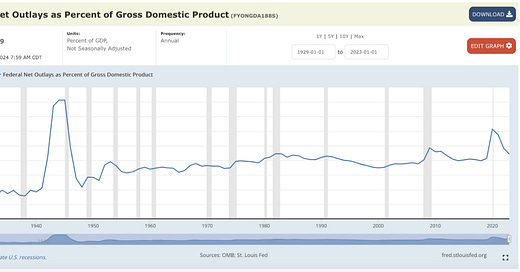Israel’s Netanyahu Urges Officials To Ban 200-Shekel Note & ‘Large Amounts of Gold, Silver’
Amidst geopolitical tension on multiple fronts, last week Israeli Prime Minister Benjamin Netanyahu urged officials to ban the 200-shekel note, and “large amounts of cash alternatives such as gold and silver medals and coins.”



